Collins Academic Skills Series: Research will give you the skills you need for to select, read and use academic source material effectively.
Designed to be used on a self-study basis to support English for Academic Purposes or study skills courses, it is intended for students on pre-sessional or Foundation courses as well as for first year undergraduate students. It will also be useful for more experienced students who want to improve their library-based research skills.
The book has thirteen chapters covering the key stages of the research process from start to finish. You will learn how to:
 frame a research question
frame a research question
 find library and online resources
find library and online resources
 choose appropriate source materials
choose appropriate source materials
 read efficiently and critically
read efficiently and critically
 cite and reference correctly
cite and reference correctly
 plan and write your essay
plan and write your essay
At the back of the book there is:
 a list of the prefixes, suffixes and root words common in academic English, and a checklist to help you read critically
a list of the prefixes, suffixes and root words common in academic English, and a checklist to help you read critically
 a glossary of key terms
a glossary of key terms
 a comprehensive answer key
a comprehensive answer key
Chapter structure
Each chapter includes:
 Aims These set out the skills covered in the chapter.
Aims These set out the skills covered in the chapter.
 A self-evaluation quiz By doing this you are able identify what you already know on the subject of the chapter and what you need to learn.
A self-evaluation quiz By doing this you are able identify what you already know on the subject of the chapter and what you need to learn.
 Information on academic expectations These sections will help you understand university practices and expectations so you understand what is required.
Information on academic expectations These sections will help you understand university practices and expectations so you understand what is required.
 Guidelines on academic skills These help you develop the skills to succeed at university.
Guidelines on academic skills These help you develop the skills to succeed at university.
 Practical exercises These help you to develop the skills to succeed at university. You can check your answers and consult model essays at the back of the book.
Practical exercises These help you to develop the skills to succeed at university. You can check your answers and consult model essays at the back of the book.
 Tips Key points are highlighted for easy reference and provide useful revision summaries for the busy student.
Tips Key points are highlighted for easy reference and provide useful revision summaries for the busy student.
 Glossary Difficult words are glossed in boxes next to where the text appears in the chapter. There is also a comprehensive glossary at the back of the book.
Glossary Difficult words are glossed in boxes next to where the text appears in the chapter. There is also a comprehensive glossary at the back of the book.
 Remember sections This is a summary of key points for revision and easy reference.
Remember sections This is a summary of key points for revision and easy reference.
Authentic academic reading texts
The book uses authentic examples of academic reading texts and essays in different academic subjects to help you apply what you learn to your own essay, whatever your subject.
Glossary boxes 
Where we feel that a word or phrase is difficult to understand, we have glossed this word/phrase. All definitions provided in the glossary boxes have been taken from the COBUILD Advanced Dictionary. At the end of the book there is a full alphabetical list of the most difficult words from the book for your reference.
Using Research
You can either work through the chapters from or you can choose the chapters and topics that are most useful to you. The Contents page will help in your selection.
Study tips
 Each chapter will take about five hours. Take regular breaks and do not try to study for too long. Thirty to sixty minutes is a sensible study period.
Each chapter will take about five hours. Take regular breaks and do not try to study for too long. Thirty to sixty minutes is a sensible study period.
 Regular study is better than occasional intensive study.
Regular study is better than occasional intensive study.
 Read the chapter through first to get an overview without doing any exercises. This will help you see what you want to focus on.
Read the chapter through first to get an overview without doing any exercises. This will help you see what you want to focus on.
 Try the exercises before checking the Answer key. Be an active learner.
Try the exercises before checking the Answer key. Be an active learner.
 After doing the exercises in the book, try them again using your own research topic and reading materials. If possible, ask a more experienced researcher to give you feedback on your work.
After doing the exercises in the book, try them again using your own research topic and reading materials. If possible, ask a more experienced researcher to give you feedback on your work.
 All university departments are different. Use the information in the book as a guide to investigating your own university department.
All university departments are different. Use the information in the book as a guide to investigating your own university department.
 Write questions you can ask to find out how your department expects you to do research.
Write questions you can ask to find out how your department expects you to do research.
 There is no one correct way of doing research. Use your experience of doing the exercises to learn what works best for you. Adapt the suggestions in this book to suit your learning style and context.
There is no one correct way of doing research. Use your experience of doing the exercises to learn what works best for you. Adapt the suggestions in this book to suit your learning style and context.
 Learning to do research is an on-going process, which means you need to practise the same skills many times. Revise regularly.
Learning to do research is an on-going process, which means you need to practise the same skills many times. Revise regularly.
Other titles
Also available in the Collins Academic Skills Series: Writing, Lectures, Numbers, Presenting, and Group Work.
Aims
Quiz
Self-evaluation
Read the statements, then circle the word which is true for you.
I understand why I need to do research as part of my course. | agree | disagree | not sure |
I understand how my research will be marked. | agree | disagree | not sure |
I know how to plan a research project. | agree | disagree | not sure |
I can easily understand set essay questions. | agree | disagree | not sure |
I know how to write a good essay question. | agree | disagree | not sure |

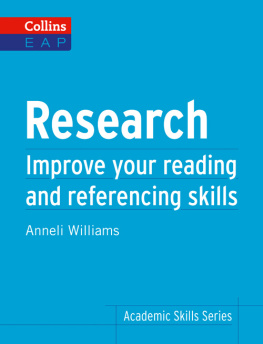
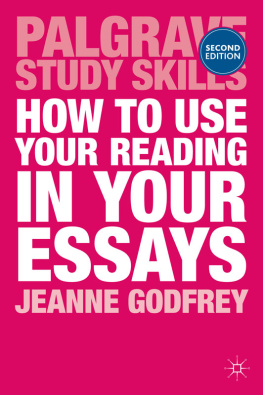
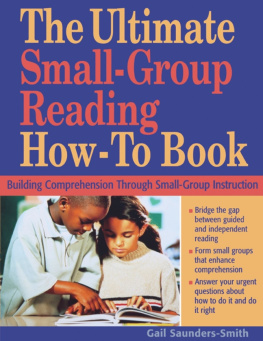
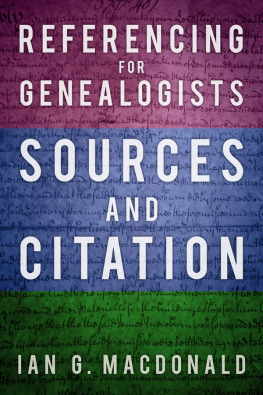
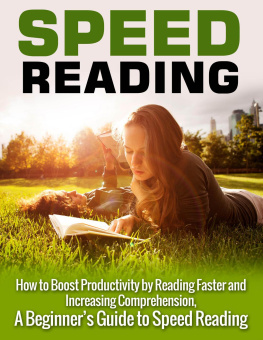
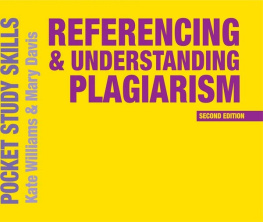
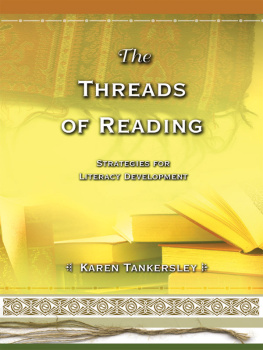
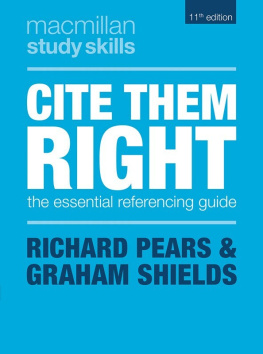
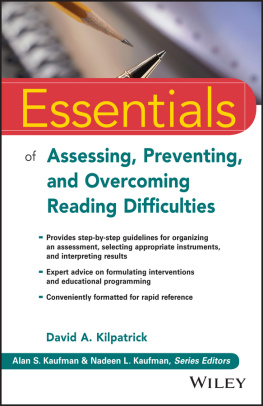
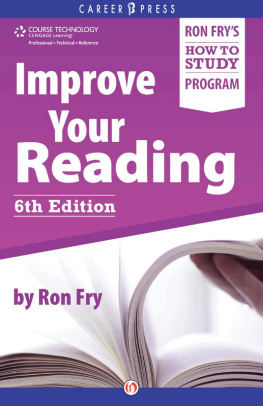
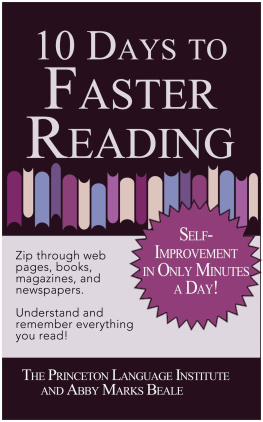


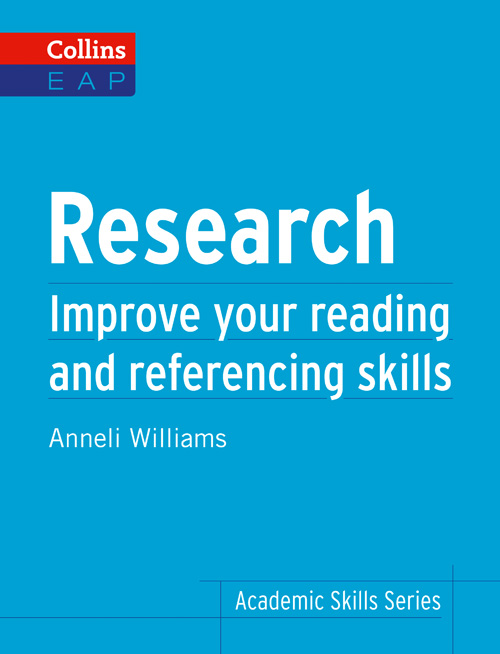

 frame a research question
frame a research question
